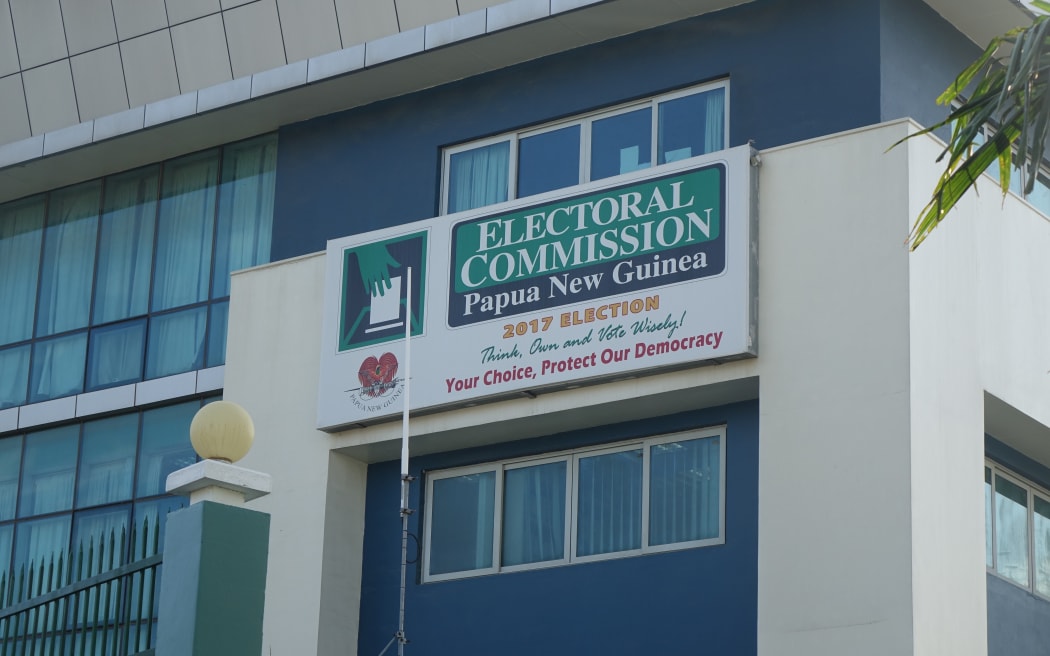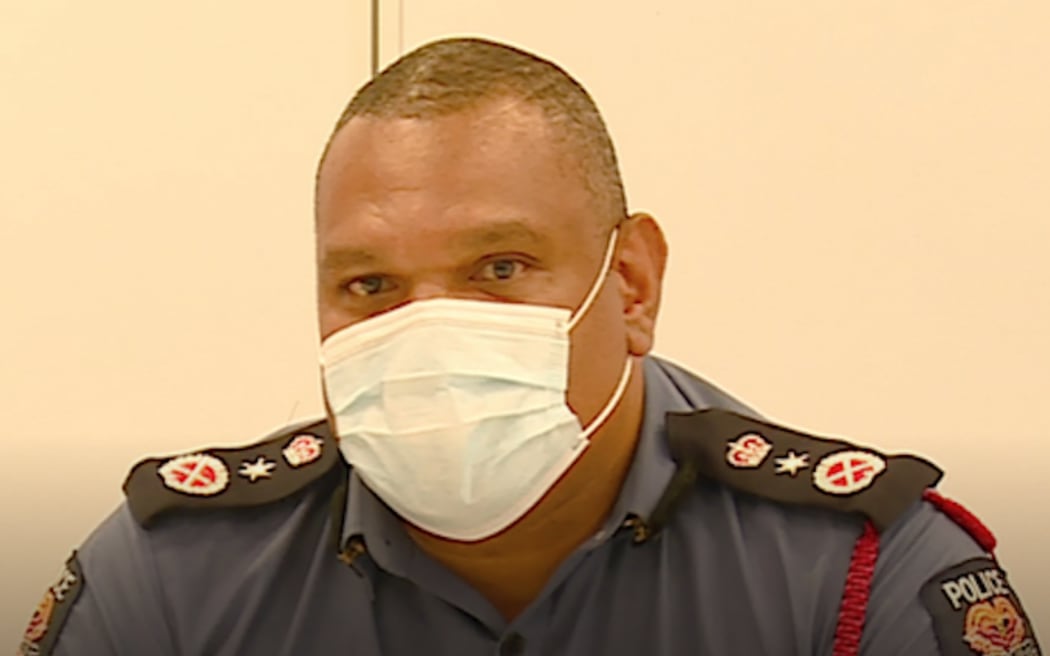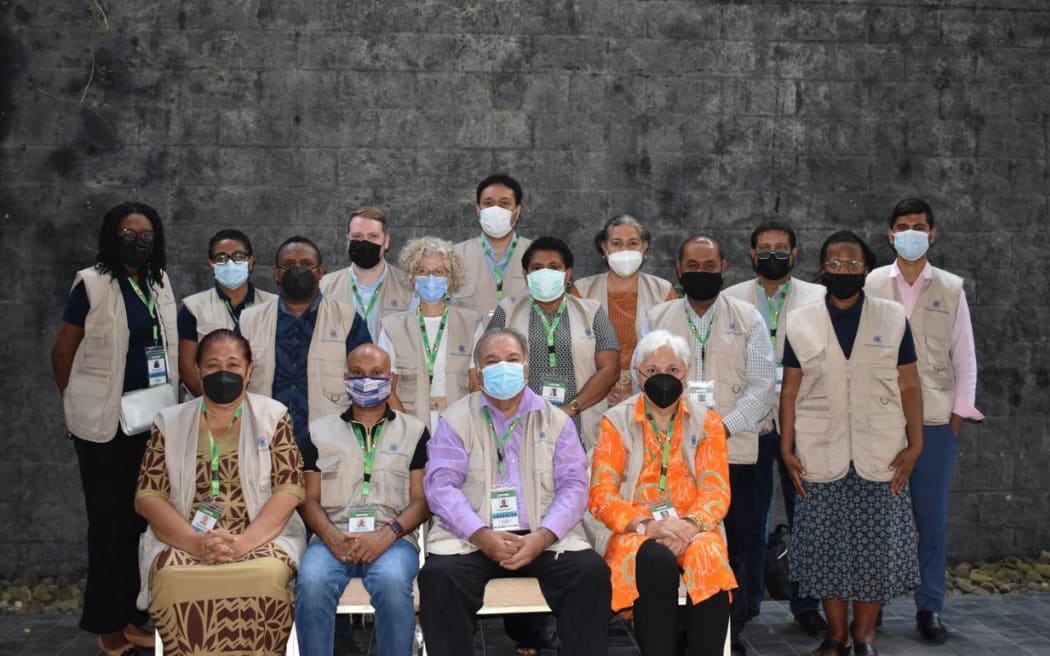Papua New Guinea voters head to the polls
Monday 4 July 2022 | Written by RNZ | Published in Papua New Guinea, Regional

Photo: RNZ
Voting in the Papua New Guinea general election begins today.
Voters will elect 118 members of parliament, including governors of the 22 provinces, from the 3,600-plus candidates nominated.
There are 6,000 polling teams in the 22 provinces.
There have also been reports that polling in the capital, Port Moresby has been delayed.
Papua New Guinea's caretaker prime minister James Marape appealed to the nation to pray for peace and calm ahead of polling.
Electoral Commissioner Simon Sinai said the polling dates would differ according to the regions and provinces.

He said most of the polling would take place on 11 and 12 July, and not go beyond 15 July, to give time for counting officials to do their jobs before the return of writs.
Jame Marape said voters must treat their duty to choose their leaders seriously.
Call centre for the general elections
PNG police have set up a call centre to provide information about the election including polling schedules, and polling sites and to report an election-related concern or crime.
Police Commissioner David Manning said callers can call the hotline number 1-800-500 which has five lines available 24 hours a day until 31 August to help people with election questions.

All police complaints to the hotline will be referred to the Joint Security Task Force Command Centre for assessment before the information is forwarded to the various police commands around the country to take further action.
The Commissioner said during the election period members of the security forces, especially police will be heavily engaged in election security operations so the people are not given the assurance that someone will be there to listen to them.
He said all commands from around the country were being positioned to provide security for polling when it commenced.
Commonwealth Observers Group
The Commonwealth Observer Group (COG) is in Papua New Guinea and has begun the assessment of the electoral process.
Chaired by the former President of Nauru, Baron Waqa, the group is composed of nine eminent people from across the Commonwealth. They include specialists in politics, elections, civil society, academia as well as the media.

As part of its work to support the election the Group will now meet various stakeholders, including political parties, the police, civil society groups, citizen observer and monitor groups, and the media.
During the 21 days of polling, the Group will observe the opening, voting, closing, counting and results in management processes. The interim statement of its preliminary findings will be issued on 24 July.
The Group will then submit its final report for consideration by the Commonwealth Secretary-General, who will, in turn, share it with the Papua New Guinea government and other stakeholders. The Group is scheduled to leave Papua New Guinea by 31 July 2022.
The Commonwealth Observer Group members are:
- Baron Divavesi Waqa - Chairperson, Former President of Nauru
- Dr Nicole George, University Lecturer and Researcher The University of Queensland, Australia
- Makereta Komai, Editor, Pacific Islands News Association, Fiji
- Luamanuvao Dame Winifred Laban, Assistant Vice-Chancellor (Pasifika), Victoria University of Wellington, New Zealand
- Makereta Vaaelua, Deputy Returning Officer (DRO), Electoral Commission of Samoa, Samoa
- Hendrick Gappy, Former Chairman, Seychelles Electoral Commission, Seychelles
- Johnson Honimae, Chief Executive Office, Solomon Islands Broadcasting Corporation (SIBC), Solomon Islands
- Emeline Siale Ilolahia, Executive Director, Pacific Islands Association of Non-Governmental Organisations (PIANGO), Tonga
- Wilson Toa, Country Manager, Vanuatu Balance of Power, Vanuatu














































